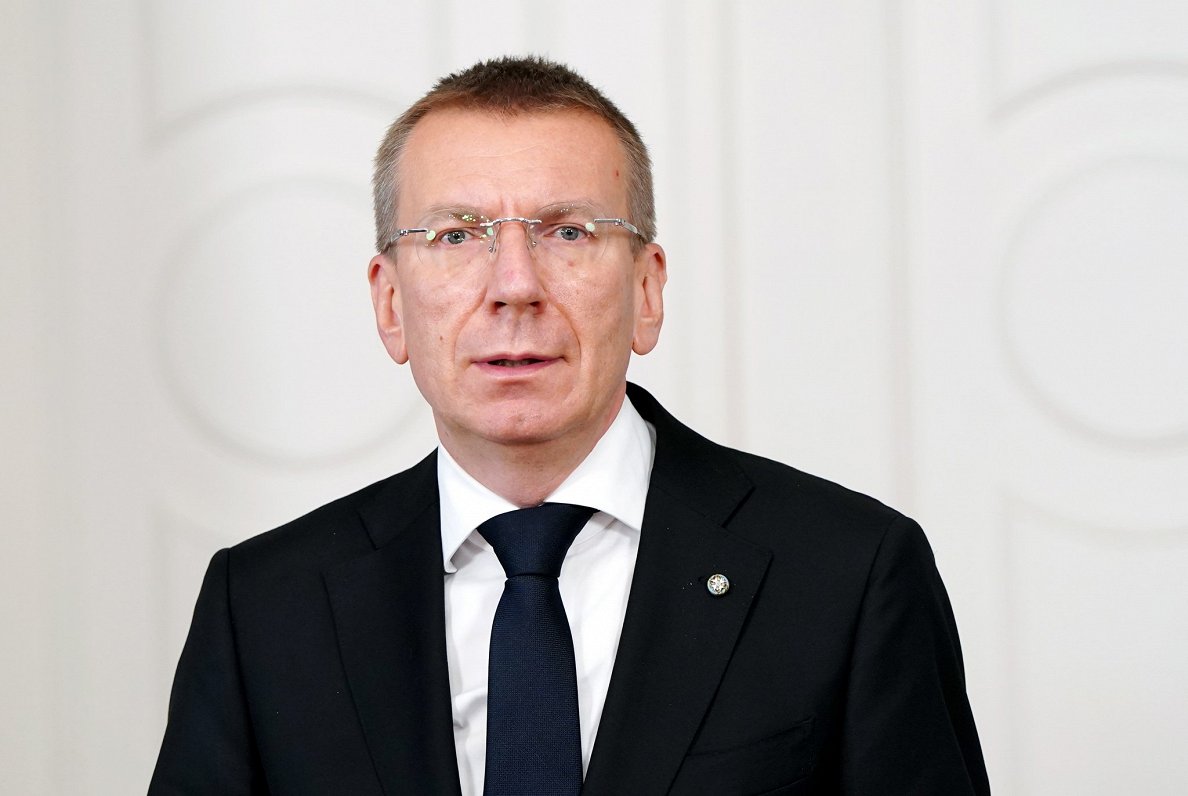Recently, the Balticconnector gas pipeline and the communication cable linking Estonia and Finland were damaged in the Baltic Sea. News later emerged that a communication cable between Sweden and Estonia had also been damaged.
Rinkēvičs, when asked what NATO's response should be, stressed that the results of the investigation should first be awaited. “I've spoken to the Finnish and Estonian presidents, it's approximately clear what direction this is going in,” he added.
The President also said that NATO allies have decided to step up patrol in the Baltic Sea.
“Although Sweden is not yet a Member of NATO, we hope that in the near future, if we see incidents of this nature, NATO should, in my understanding, simply effectively close the Baltic Sea for shipping. You can do that. Ships can be stopped,“ said Rinkēvičs.
“Of course it's a question of a whole series of maritime rights, but if it's clearly proven to be Russia, the (...) discussion has to be that to protect our critical infrastructure, there needs to be a conversation about how we can close the Baltic Sea,” the President continued.
However, these issues have not yet been discussed within NATO as the investigation has not yet been completed. “Specific facts need to be put on the table to start talking to allies about anything. If we get to the situation of having to articulate a position after all these facts, then this is one solution that I would definitely put on the table,” the President said.
On Friday morning, Defense Minister Andris Sprūds (Progressives) said in a Latvian Radio interview that the President's proposal of closing the Baltic Sea to ships is one way of responding to Russia's possible actions, but there are other solutions.
“If information emerges that Russia is involved, the action must be clear and rigorous. Russia can only be spoken to from positions of strength,” Sprūds said.
Meanwhile, Foreign Minister Krišjānis Kariņš (New Unity) said in an interview with Latvian Television on Friday that it is difficult to imagine how the closure of the Baltic Sea would happen.


























